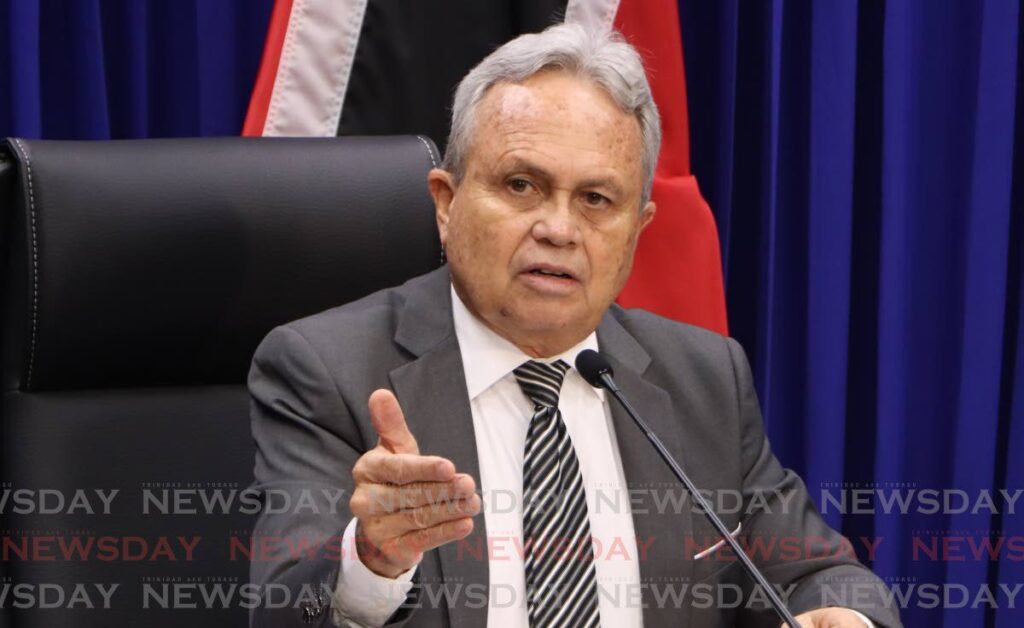SRC proposals are only a start

FINANCE Minister Colm Imbert took pains in a March press release to note that the government's return of the Salaries Review Commission (SRC) 's 117th report for clarification was due to “anomalies” it found in its recommendations.
One matter of concern is that such anomalies exist in a report that is the result of ten years’ worth of contemplation of jobs at the state's senior governance and leadership levels.
The other is the limited options available to the government. The state can either reject the report and restart the job evaluation exercise, make adjustments, effectively neutering the SRC’s role or ask the SRC to review areas of concern.
Choosing this last option calls into question the competence and rationale by which the SRC has undertaken its evaluations.
Senior governance salaries were last adjusted in 2013, and the Chief Justice, Prime Minister, and President are as vulnerable to the rising cost of living as everyone else in the country, although these officials operate with buffers and benefits that few citizens enjoy.
The salary proposals have also arrived in a pronounced guava season, with public servants facing incremental single-digit increases, widespread concern about forex constraints, and a flat economy.
The proposal for the Prime Minister’s salary has drawn specific concerns, with the SRC proposing a rise to $80,000 from his current pay of $59,000. Across the board, state officials were in line for increases of 20 per cent on average, hardly reflecting solidarity with public servants looking at four per cent in current negotiations.
The refreshed discourse happened in the same week that the salary of incoming WASA CEO Keithroy Halliday was revealed to be $100,000 monthly, a reminder that top-level private sector managers command significant salaries commensurate with their responsibilities.
Mr Halliday will be responsible for improving the delivery of a key resource to citizens. The Prime Minister is expected to manage the entire country on a salary that’s 60 per cent of Mr Halliday’s.
The relationship between officeholders and their salaries is an important part of encouraging transparency in governance.
The scholarship on the relationship between corruption, public sector salaries, and penalties for malfeasance in office is still evolving, but some broad ideas have emerged.
Low pay for state officers and lax penalties are strong incentives for corruption and tend to attract subpar candidates. Extremely high pay attracts more qualified candidates, but also lures the wealthy and financially savvy to find ways to increase their holdings.
In crafting a salary regime for public sector leadership, TT must balance fair pay with enforcement of existing law to ensure compliance with expected procedures.
This country has never successfully prosecuted any public official for corruption.

Comments
"SRC proposals are only a start"